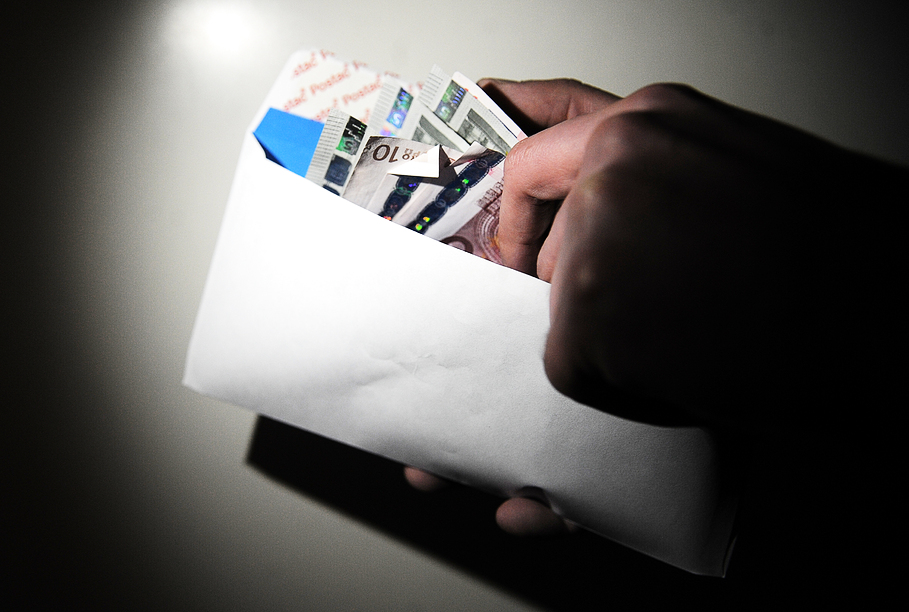Speaking on LTV's Rita Panorama morning news show, Petersone said the shadow economy was likely to remain equivalent to around a quarter of total GDP and was the "top question" faced by her department.
"Indications are that it hasn't grown," Petersone said, while indicating any reduction in the proportion of undeclared cash washing around was likely to be small.
The Finance Ministry is due to release fresh estimates of the size of the shadow economy later on Wednesday.
Despite noting an increase in the number of taxpayers and the total amount of tax revenues collected, Petersone admitted the proportion of tax-dodging transactions might have undergone only a very minor decline.
Problem areas included restaurants tinkering with cash registers and serious problem in the used car trade where cash-in-hand payments are commonplace.
During the run up to Latvia's economic crisis in 2008-9, the shadow economy was estimated to account for more than a third of GDP, and in some measure contributed to the crisis itself with a cash-strapped government having to take an international bailout.
Under Finance Minister Andris Vilks, serious attention was paid to tackling the shadow economy and a swift improvement was witnessed but those efforts seem now to have taken a back seat.
Throughout the period Latvia has had a substantially larger shadow economy than Estonia and Lithuania.





























